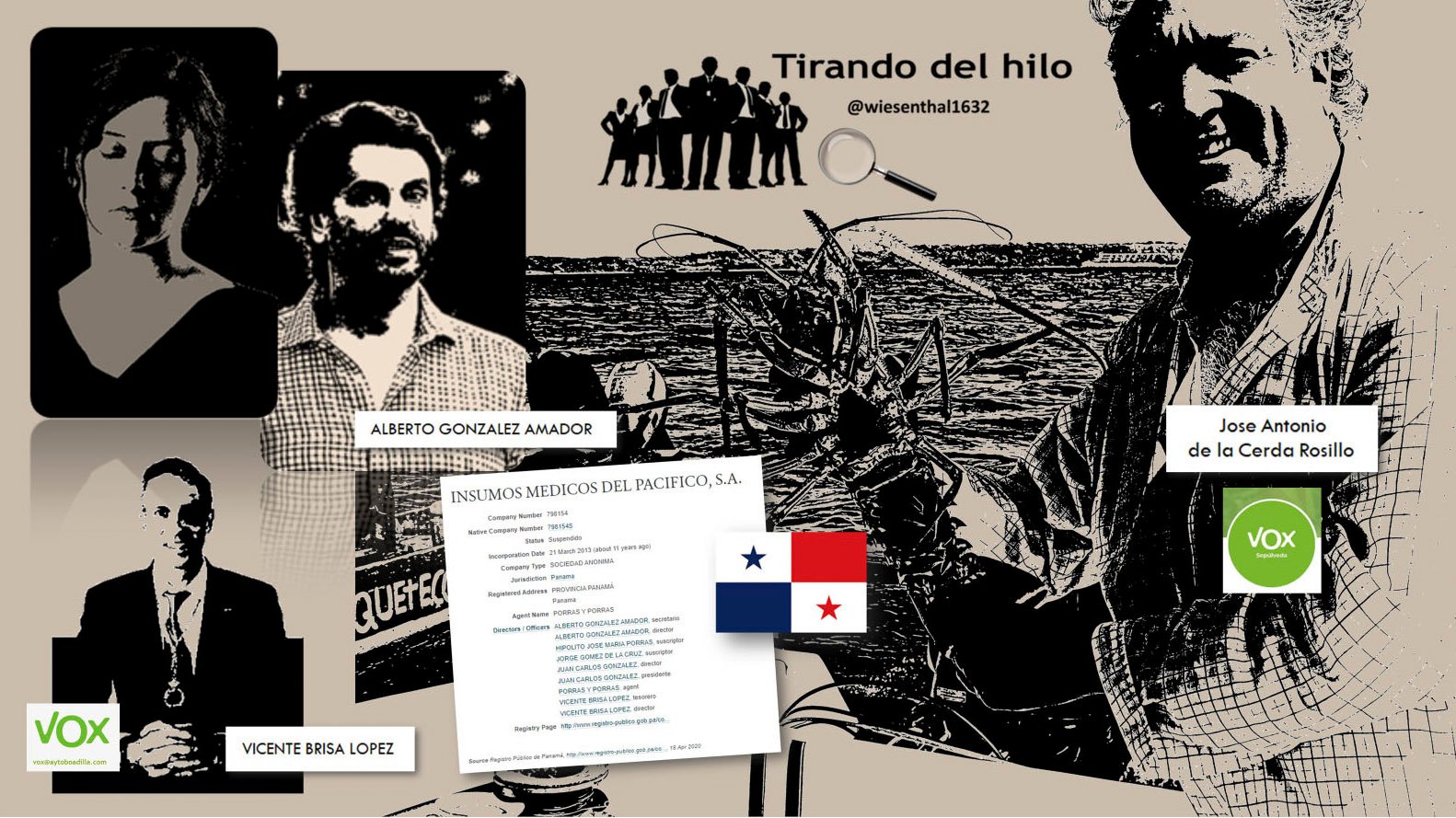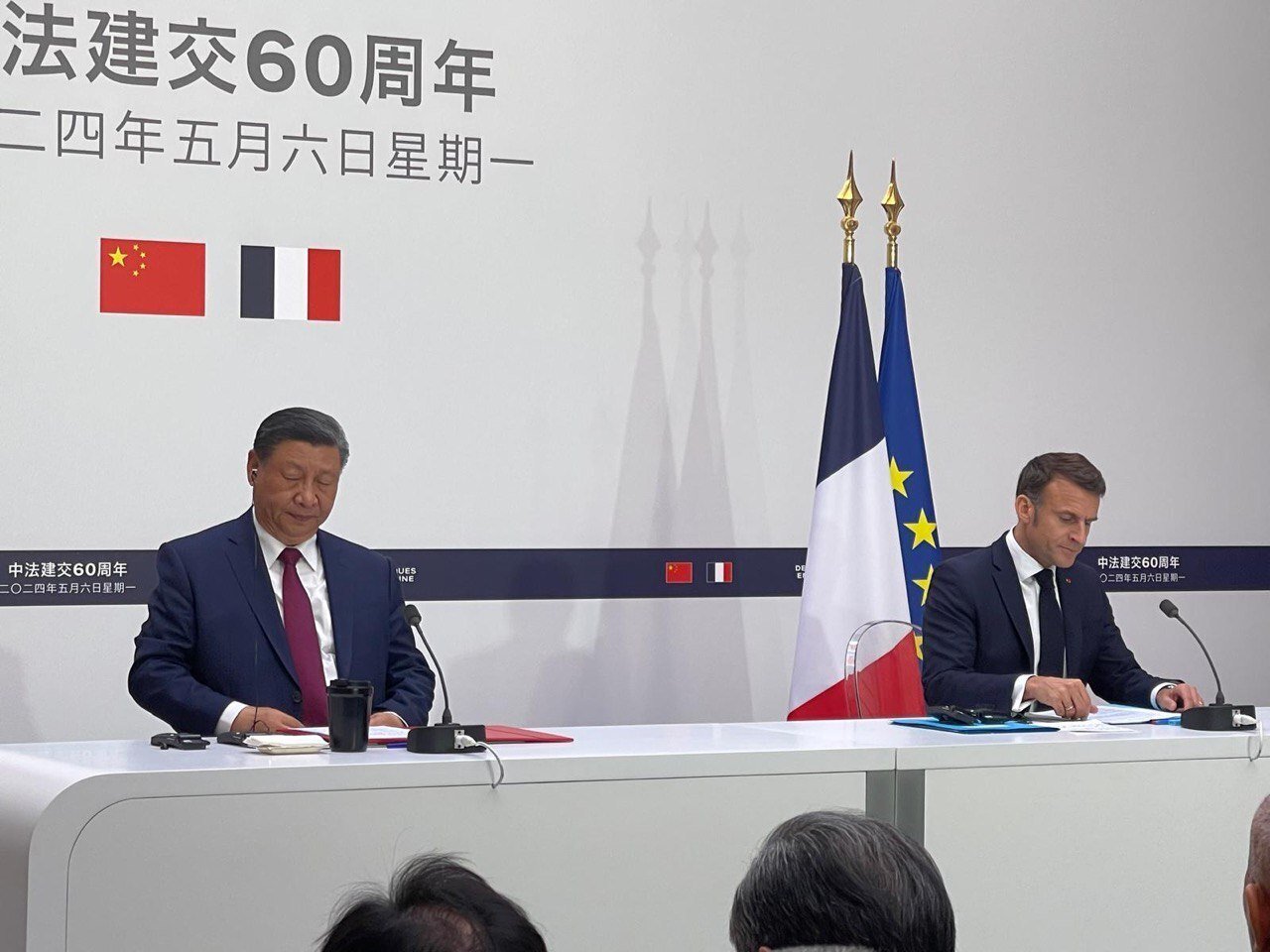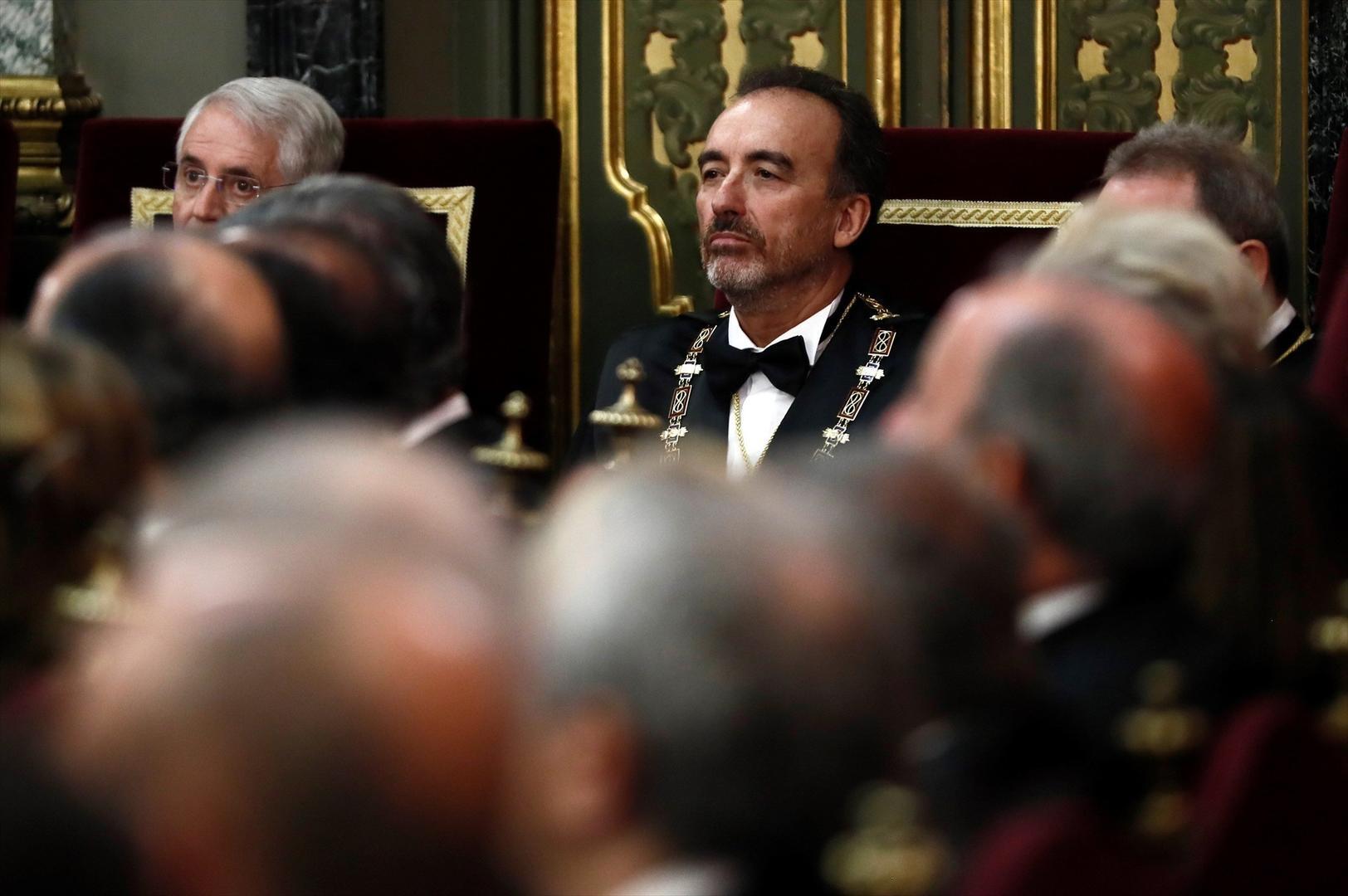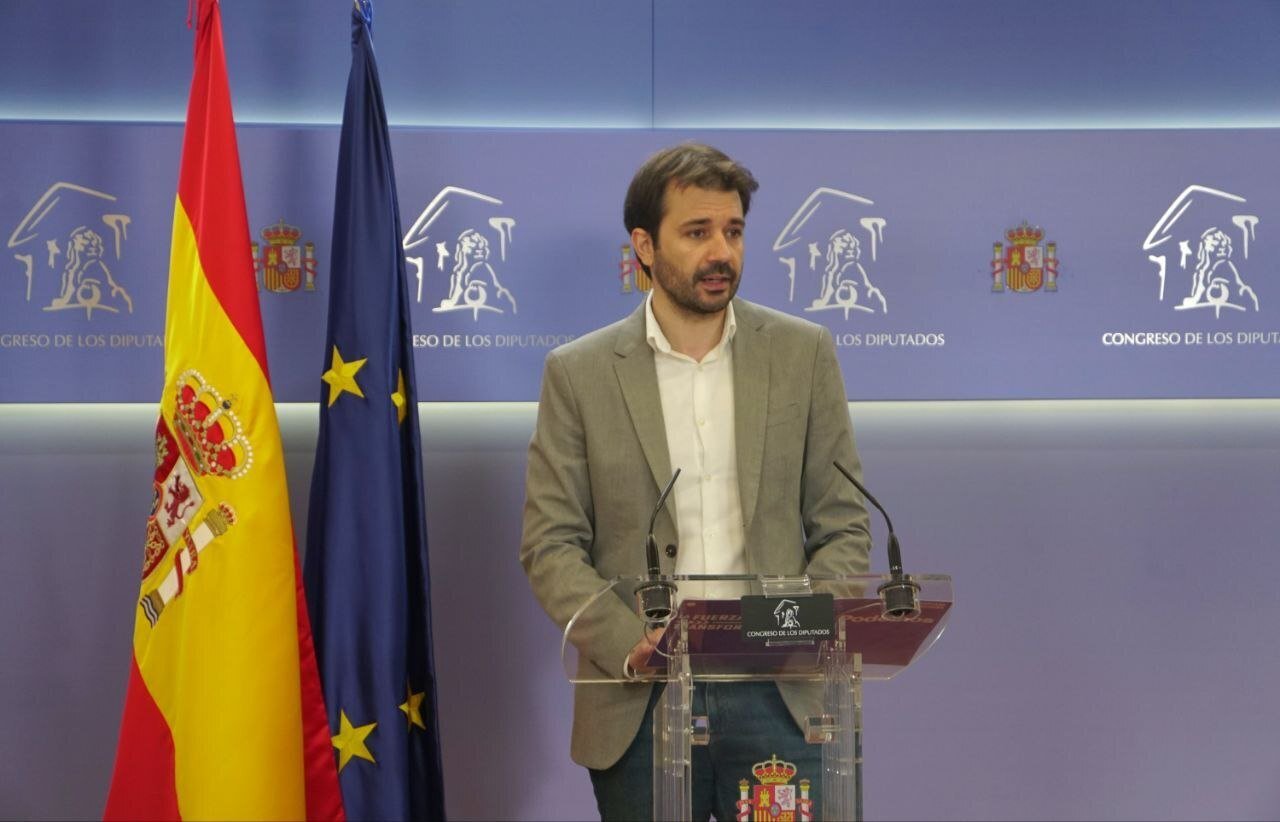
Pixabay
Corsi e ricorsi
After the crisis, the pendulum returns, popular-proteist governments appear with a distributionist vocation that begin an ascending corsi from a much lower floor so that as if by magic a few years later, the fatal recorsi appears
(Here you can find a version of this article in Spanish.)
The beginning of his government was a brutal barrage of measures strictly designed for the benefit of a set of national and transnational corporations. Some were imposed de facto with executive decrees and resolutions. Others appear in a mega bill that continues to be negotiated in the National Congress. This barrage of measures includes:
1. A mega devaluation of the peso (118%)
2. Almost absolute deregulation of the economy
3. Indiscriminate opening of imports
4. Elimination of internal supply quotas for basic exportable goods
5. Destruction of the main environmental protection norms
6. Privatization of public enterprises
7. Obscene decrease of taxes for the wealthiest 1% (personal assets)
8. Establishment of lavish benefits for «big investors» (extractive industries)
9. Reduction of the social security system to its minimum expression
10. Increase in taxes for medium to high-income workers
11. Labor flexibility to the detriment of workers
12. Elimination of limits and controls for taking or restructuring external debt
13. Elimination of financing for improvement projects in popular neighborhoods
14. Elimination of agencies promoting art, cinema, and music.
15. Establishment of an openly repressive protocol against social protests
From the general strike of January 24th and the staunch opposition by sectors of the political dissent, some of these measures were delayed and removed from the bill. However, the core of the project lies in the delegation of powers to the Chief Notary – formally the president of the nation. At this moment, the puppeteers use all their material and immaterial resources to bribe the conscience of those who, according to the Argentine Constitution, represent the People – deputies and senators – to abdicate their mandate and delegate the sum of public power to Javier Milei. In this way, whatever is conceded in the mega bill can be imposed by decree through his extraordinary powers.
The package of measures, as seen at first glance, is tributary to the ‘there is no alternative’ ideas of Margaret Thatcher, Ronald Reagan, the International Monetary Fund, and the Washington Consensus…but with the particularly putrid stench of mere thievery expressed in the introduction of norms that benefit specific economic groups and ultra-billionaires: Techint, Clarín, Marcos Galperin, Elon Musk, Bayer-Monsanto, Black Rock, Templeton, etc. A combination of stale neoliberal recipe and obscene privileges.
The main architects of this package are not the libertarian-utopian economists who initially accompanied Javier Milei. They are well-known figures from the political caste, employees of the permanent staff of corporations in Argentina: Federico Adolfo Sturzenegger, Patricia Bullrich Luro de Pueyrredón, and Luis Andrés Caputo.
Sturzenegger, Caputo, and Bullrich are the heart of the government. The first two are in charge of economic and financial measures. Bullrich is in charge of the repressive strategy. None of the three can boast of being part of the new politics. They are establishment through and through. They have been around for decades.
Federico Adolfo Sturzenegger was the architect of a financial deal known as MEGACANJE, which consisted of exchanging several dozen debt bonds for other bonds, significantly increasing the capital and interest, that is, the total volume of debt, in exchange for an improvement in the terms.This cost Argentina $55 billion, according to expert Moisés Resnick Brenner, who acted in the criminal case in which this financial magician was ultimately acquitted during the Macri government. The Megacanje was one of the measures that led Argentina to the great crisis of 2001. At that time, Fernando de la Rua was in power, and Sturzenegger was the Secretary of Economic Policy.
Luis Andrés Caputo was the Minister of Finance under Mauricio Macri’s administration when the government, without going through the National Congress, took a loan of $57 billion from the International Monetary Fund; the largest in the history of that pathetic organization. On the day this loan was taken, Caputo was the Minister of Finance and Sturzeneger was the President of the Central Bank. Within a few weeks, the roles reversed, and Caputo moved to the Central Bank. During his tenure, there was a rapid capital flight known in jargon as «formation of assets abroad,» expressly prohibited by the Fund’s Charter. Speaking of assets abroad, this gentleman appeared in the Paradise Papers as the holder of an account in the Cayman Islands. Obviously, he was acquitted.
Patricia Bullrich Luro de Pueyrredón, a member of a distinguished family from the traditional Argentine oligarchy, was part of the left-wing Peronist guerrilla group Montoneros in her youth. In the 1990s, she openly embraced her class status and began a successful career in the political establishment. She began as the Minister of Labor under Fernando de la Rua, promoting labor flexibility and significant cuts to pension benefits. Later, she served as the Minister of Security under Mauricio Macri, where she developed the doctrine of the «internal enemy,» creating an imaginary Mapuche guerrilla cell to justify the excessive use of force against indigenous peoples, social movements, etc. The murders of Santiago Maldonado and Rafael Nahuel by state forces were part of her legacy. Now, she repeats the ministry under Javier Milei. She always finds a job where there are weapons and bullets.
Already before this millennium, the prequel to the periods of extreme suffering of our people has had the same names and programs as vectors; “technicians” establishing themselves as collaborators of infallible efficiency at the service of some future villain: Videla, Menem, De la Rua, Macri, Milei. Without a doubt they have the alchemical formula of collective oblivion, because their leaders fall into ignominy, but they always return, as if nothing had happened… and if they get old, they leave their place to direct disciples trained in the same circles.
After the salvific moment of technocracy, an acute crisis ensues, revealing a decline in real wages and primary income distribution. There’s an increase in external indebtedness, economic concentration, poverty, and unemployment. To put it elegantly, we’re left in disarray. These are programs of plunder, dispossession, and upward income transfer from the bottom to the top. After the crisis, the pendulum swings back, popular-progressive governments with a redistributive vocation emerge, starting a corsi upward trend from a much lower floor so that, as if by magic, a few years later, the fatal recorsi appears.
To give an example from my own experience as a grassroots activist: The fight against the policies of the International Monetary Fund (IMF) was perhaps the main axis of the rebellion in 2001. The cycle of ascent initiated in 2003 and the debt cancellation in 2006 were the response to that cry of rebellion. We thought the IMF would never return. Ten years later, Mauricio Macri brought it back. Twenty-three years after 2001, we are almost in the same situation, but with a hardcore of exclusion that exceeds one-third of the population and an external debt that exceeds 80% of the Gross Domestic Product… How can this be possible?!
It’s a regressive pattern of historical events described by Giambattista Vico in the 17th century as «corsi e ricorsi», where advancements never manage to offset setbacks, leading us into a downward spiral, akin to a sawtooth slanting downwards, repeating at least since the military coup of 1955 against General Perón. Taking just one variable, if we compare real wages from the 1950s to 2023, we see a decline of over 60% in purchasing power. It’s challenging to estimate the decline in real wages since Milei took office, but it could be on the order of another 10%.
This explains why in today’s Argentina, no worker can afford to buy a house or build a heritage that allows for upward social mobility between generations. The working class, at best, is reduced to mere consumers of non-durable goods, and its excluded core to mere subsistence.
Buenos Aires –









